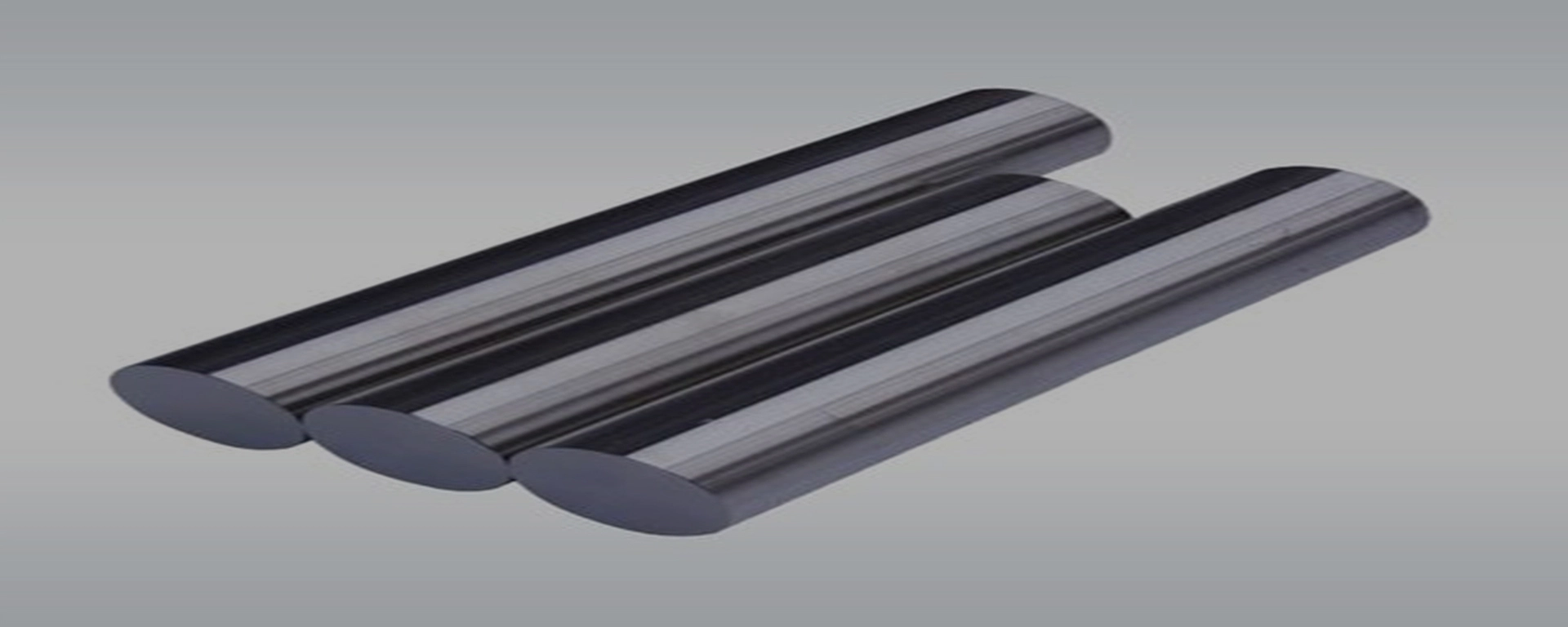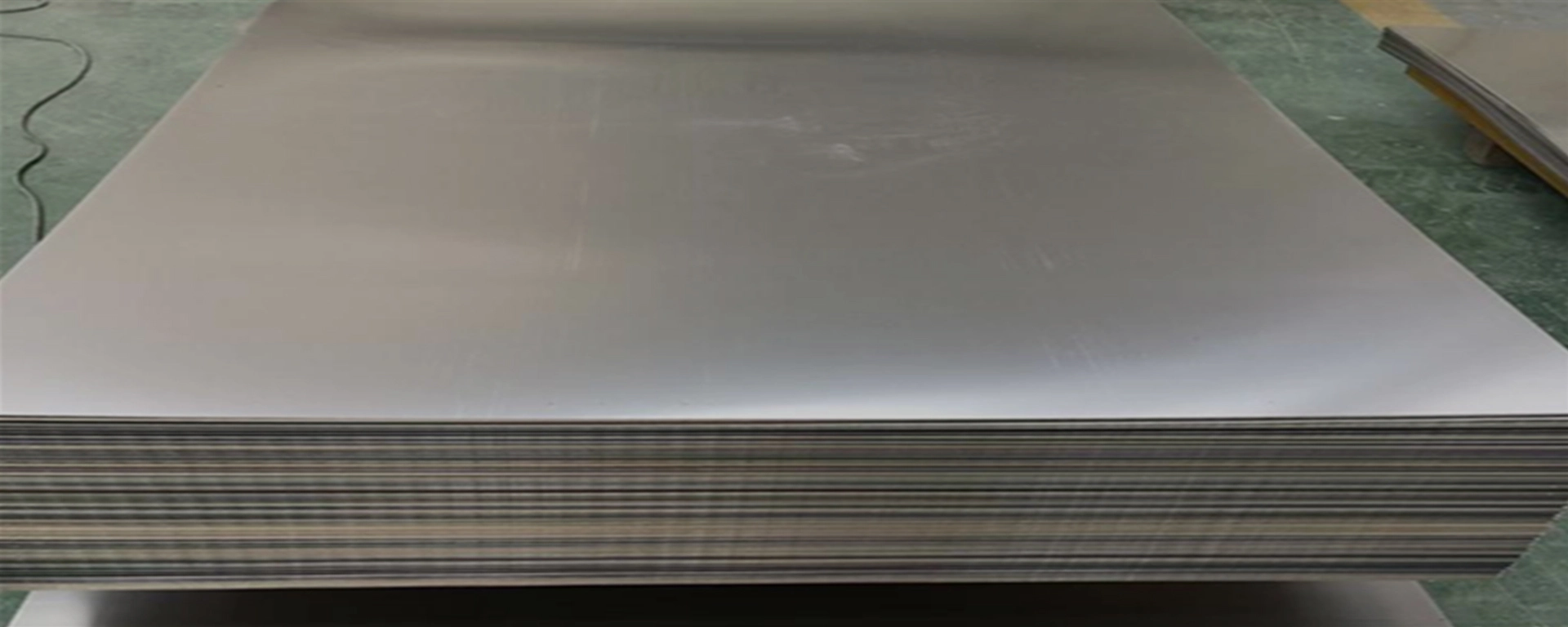SEARCH
Titanium and its alloys have gained widespread use in various industries, including aerospace, marine engineering, petrochemicals, biomedical applications, and electronics. Renowned for its low density, high strength, excellent corrosion resistance, and biocompatibility, titanium is considered a strategic special metal material, often referred to as the "third metal," "space metal," and "marine metal." Within this versatile realm of titanium, porous titanium emerges as a vital structural and functional material, playing a crucial role in modern high-tech applications.

Porous titanium, an amalgamation of porous materials and metallic titanium attributes, serves as a pivotal material in various applications. In the realm of biomedicine, porous titanium finds extensive use due to its biocompatibility and unique structural properties. Applications include orthopedic implants, dental prosthetics, and other medical devices where the material's porous structure facilitates enhanced osseointegration, promoting better outcomes in patient care. The porous titanium is also the raw material of titanium alloy ,titanium plates,titanium target,titanium forging and titanium rod for sale.

The preparation of porous titanium involves a meticulous process, crucial for ensuring the material's desired structural and functional properties. Powder metallurgy methods, including uniaxial pressing, isostatic pressing, space-holder techniques, slurry forming, and 3D printing, provide diverse avenues for crafting porous titanium. Complementary to these methods are chemical synthesis approaches, encompassing reaction sintering, combustion synthesis, calcium thermal reduction, and dealloying methods. Each method offers a unique set of advantages, contributing to the versatility of porous titanium in different applications.
The application landscape of porous titanium extends beyond the realms of biomedicine. Infiltrating industries such as filtration, separation, and electrochemistry, porous titanium showcases its adaptability and utility. In filtration and separation processes, the material's porous structure facilitates efficient removal of impurities, making it a valuable asset in water treatment and chemical processing. Additionally, porous titanium exhibits promise in electrochemical applications, serving as an electrode material in energy storage devices and electrocatalysts for various reactions.
The performance of custom titanium products is intricately linked to its pore structure. Precise control of the pore structure and understanding its coupling with the environment are essential factors for optimizing the material's application performance. Interdisciplinary research spanning materials science, mechanics, mathematics, and environmental science is paramount to advancing the design and preparation techniques for ultra-lightweight, ultra-high-strength porous titanium.
In conclusion, the preparation and application of porous titanium exemplify the innovative strides in materials science and engineering. From its roots in aerospace and marine industries to its indispensable role in biomedical and high-tech applications, porous titanium continues to shape the landscape of modern materials. The ongoing research and development efforts in controlling pore structures and understanding their coupling mechanisms further underline the potential for future breakthroughs, paving the way for enhanced functionality and applications of this special metal.
This is the last one.